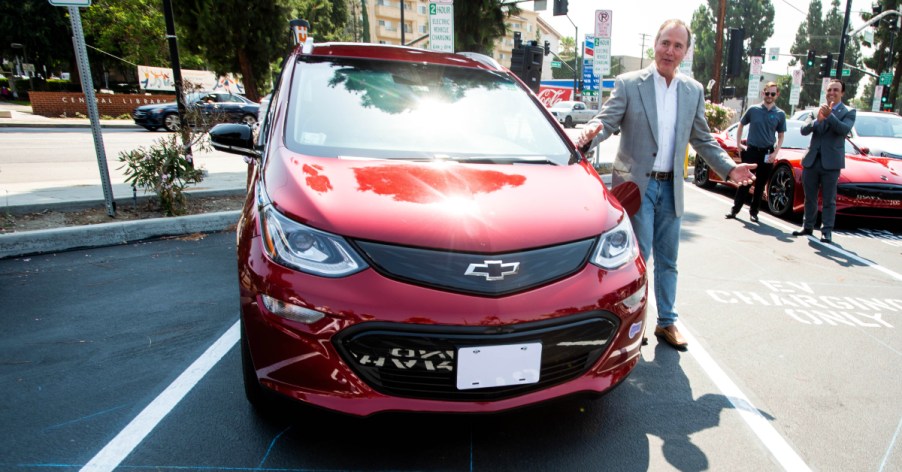
How AC Refrigerant Can Extend EV Range
Can air conditioning refrigerant actually extend electric vehicle range? EV range is one of the biggest issues in terms of electric vehicles being practical. Electric vehicle batteries are improving, but there is still work to be done. If EVs could travel for further distances on a single charge, more consumers could be persuaded to go electric. Is AC refrigerant the answer to one of the biggest problems that electric vehicles face?
Will AC refrigerant make my EV go further?

Electric vehicles operate completely differently from gas-powered vehicles. They may include certain advantages but they also come with complications that the automotive industry is just starting to explore. EVs can be impractical and dangerous because of the capabilities of their batteries. Lithium-ion batteries have the potential to be extremely hazardous as they heat up.
Another pitfall of battery electric vehicles (BEVs) is the amount of power they use on air conditioning. Since battery electric vehicles rely on their batteries for so many different functions, EV air conditioners can be extremely taxing. According to InsideEVs, keeping the cabin of an electric car cool in high temperatures depletes an EV battery quickly.
New EV air conditioners will boost battery power

Daikin Industries is a Japanese air conditioning manufacturer. Daikin has been working on a special refrigerant for electric vehicles. The company claims that the special refrigerant will extend EV battery range by as much as 50%. But how is this possible?
Lithium-ion batteries run extremely hot over extended use. Powering an electric vehicle and its many functions causes batteries to quickly drain until they need to be recharged. The average EV battery today lasts between 150 and 300 miles on a single charge.
Daikin Industries believes it can double the range of the average battery with its special refrigerant by cooling down the battery. This may seem like a simple solution but dealing with EV batteries can get incredibly technical. If the refrigerant is successful it will open up a whole new world for every electric vehicle. Drivers will be able to travel much further on a single charge without worrying about suddenly losing power on the road.
What does this mean for the future of EVs

Batteries with more power and range thanks to the Daikin Industries refrigerant could erase the stigma of EVs being unreliable or impractical for the average driver. 250 miles of range for an electric vehicle is amazing by today’s standards. The possibility of an EV traveling 500 miles on a single charge with no major modifications is exciting to say the least.
This refrigerant could make EVs a more reasonable purchase to consumers who have been resistant to the automotive industry’s biggest change. EVs with average range will suddenly perform well. EVs with great range will be in a class of their own and extremely convenient.
The Daikin Industries refrigerant may be the final puzzle piece to creating a fully electric automotive industry that is both accessible and enjoyable to consumers. The refrigerant is expected to be sold by 2025. This release date aligns with the release of new EVs from multiple different automakers. Things are changing fast and new EV developments that will shock the world are just a few years away.



